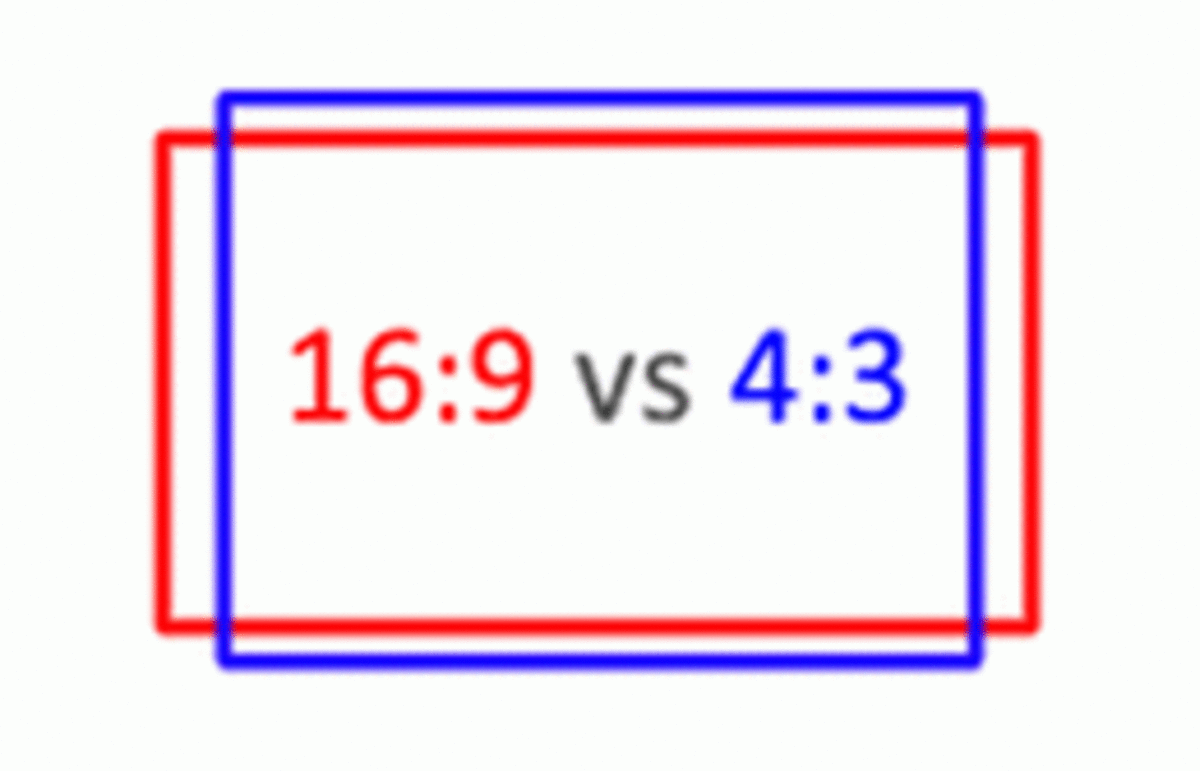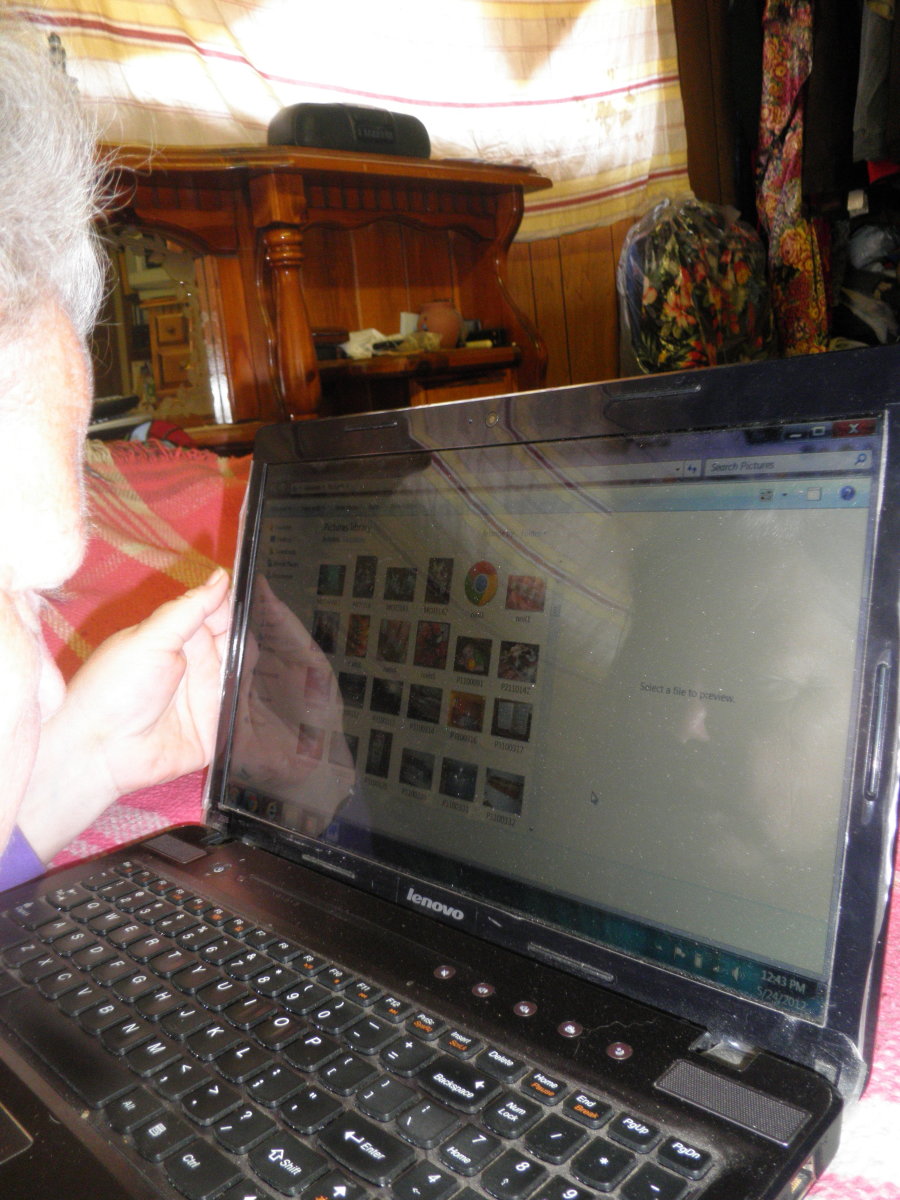- HubPages»
- Technology»
- Computers & Software»
- Computer How-Tos & Tutorials
How to get a Computer to Come Up Fast
Just Waiting for Computer to Boot

Boot Up Taking Way Too Long?
If you can't wait for your computer to boot up, this article is for you. I will show you 4 things you can do to keep your computer ready to be used in a lot shorter time than the traditional boot up time.
Tip #1: Turn Off Monitor
Note that a lot of computer LCDs monitors today have auto off when it detects inactivity over a period of time. Instead of waiting for that or shutting down your computer, just turn off the monitor. When you are ready to resume using your computer, just turn on the monitor. Fast huh? Unfortunately it wastes energy, but it is a very quick way to get back to working on your computer if you will only be away for a very short time.
Tip #2: Put Computer to Sleep
Instead of turning of your computer, you put it to sleep. When you are ready to use your computer again, just wake it up by pressing any of its keys. This can be configured on your computer's power management section. See Putting Your Laptop to Sleep.
Tip #3: Hibernate Like a Bear
Instead of powering off your computer, you put it in hibernation mode. The computer uses the least amount of power in this mode. When you are ready to use it, then simply push the power button and the last computer state is restored from the hard drive. See How to Hibernate your Laptop.
Tip #4: Use MSCONFIG
If you are more daring than your average computer user or you are a techie at heart and you don't care to simply turn off your monitor or put your computer to sleep/hibernate mode then this might be for you. It can help speed up boot time.
You need to run MSCONFIG through the RUN function of your operating system. This will launch a program that will allow you to control what runs during computer start up.
Start by clicking the "Start Up" tab, then un-check programs you believe you don't need. How do you know which ones you don't need? Look for ones that may have been put there by some programs you recently installed. Most programs today install a program that checks for updates. If you don't want unexpected computer slow downs, you'll want to disable some of these.
The good thing about doing this is that if you make a mistake, you can always opt to return everything to its original settings. Watch the video below.



![How to Remove Kaspersky Password Protection? [Easily Recover] How to Remove Kaspersky Password Protection? [Easily Recover]](https://images.saymedia-content.com/.image/t_share/MTc2Mjk3NDcwOTAzNTkyMTI2/how-to-remove-kaspersky-password-protected-easily-recover.png)


